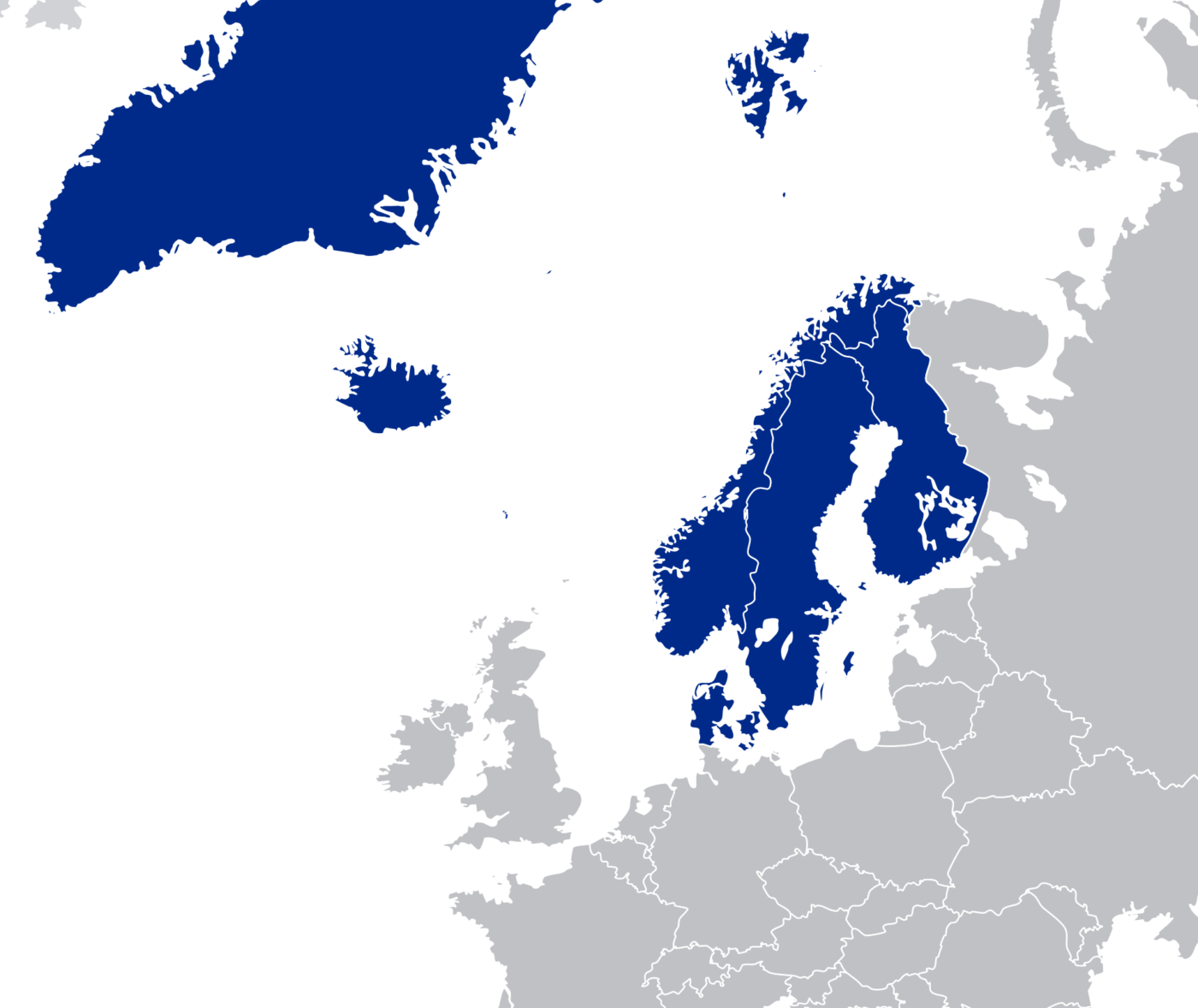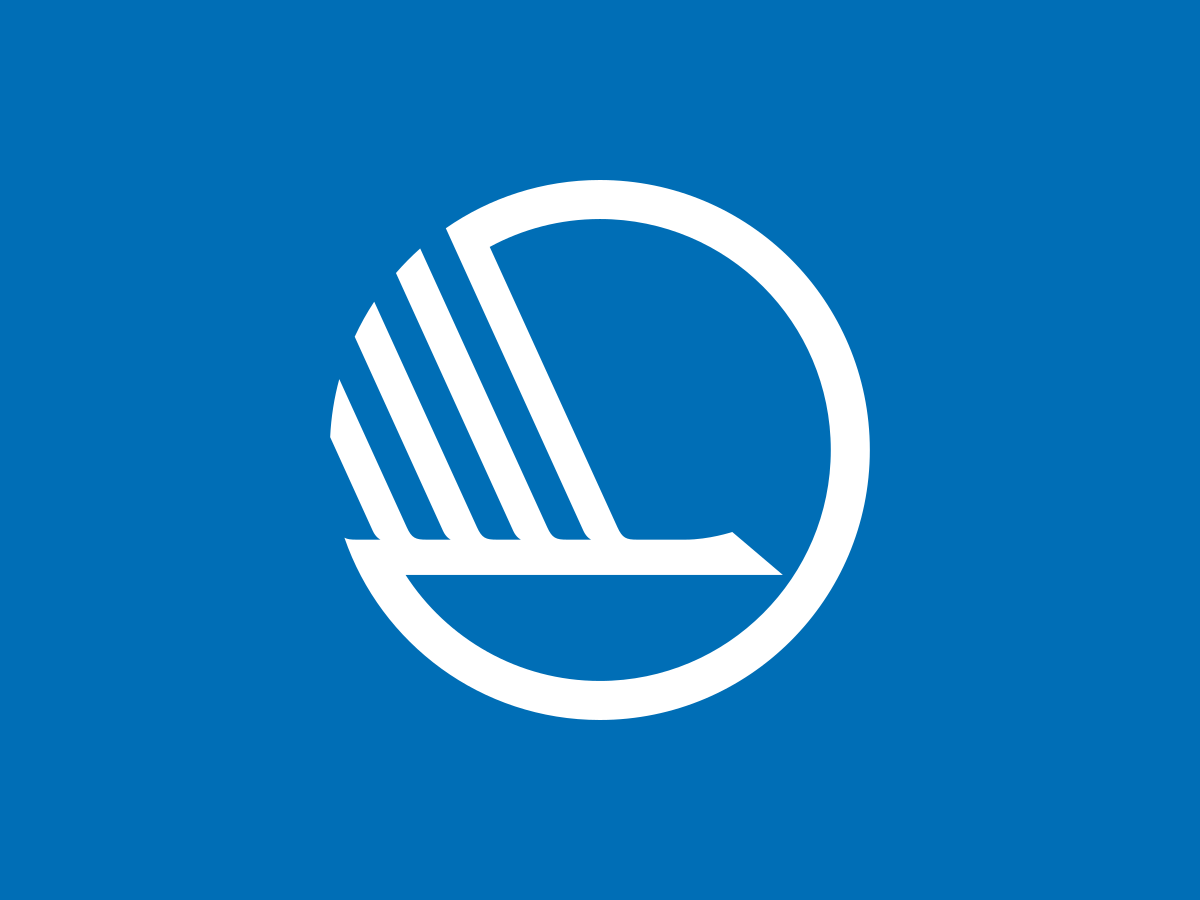Pretty much everyone is familiar with the European Union. If you live in Europe, chances are a lot of your politicians talk about it every other day. A lesser-known union of equal importance is the Nordic Council.
The Nordic Council is an official inter-parliamentary institution representing international cooperation between countries in the Nordic Region (see the map below). The council, based in the Danish capital Copenhagen, focuses on solving issues affecting the Nordic region such as legislation, travel, and immigration. In addition to this it also encourages cooperation between Nordic countries in multiple different areas such as research, energy, development, and quality of life. Cultural issues are also one of the prime areas of work for the council: they create and sponsor programs that increase mutual understanding of the Nordic languages, Nordic art, media, musical culture, and much more.

You may be wondering how the councils work specifically affects you. Well, if you’re a citizen of a Nordic country, you are automatically afforded the same rights as other Nordic citizens in their country. If you are Swedish, you can live and work in Iceland and receive all the same benefits that a Iceland citizen would. You can apply to university or other educational institutions as a citizen of the country you move to, and you can even get the citizenship of that country you move to after living there for only TWO years. For example, if a Dane started a university course in Sweden in Autumn 2019, they could apply for Swedish citizenship this August. Dozens of barriers that used to exists in areas such as border policy, schooling, and support have been removed by the council in addition to all these points I have just listed.
The Council was founded in 1953 but pan-scandinavianism/nordism, meaning cooperation and unity amongst Scandinavian/Nordic countries, goes back further than this. The movement originated in the 1800s, of course the concept of political unity in the Nordic region had existed for centuries at that point with things like the Kalmar Union, but this was a movement based out of concepts such as cultural brotherhood rather than inheritance, claims, blood, and steel. It gained traction in all the Nordic countries however after the failure of the Swedish king to support Denmark in a war with the Prussians, the movement fell out of favour (if it didn’t, we may’ve had one Nordic country instead of five). Fast forward a hundred years to after the Second World War, the Nordic countries came together to create a mutual defence union aside from NATO or any other European multinational organisation. Eventually this defence union branched out into other areas and developed into the Nordic Council we know today.
The Nordic Council website (all the pages within the website are translated to every Nordic language and English), contains huge amounts of information on not only their work and values, but also just general information about each country in the Nordic region and the region as a whole. There is a section that includes detailed information on how to move to each of these countries (as a Nordic citizen, as an EU citizen, or as a non-EU citizen), basic info like how to open a bank account, getting a job, in depth statistics about each country, and so much more. It’s really a great resource for anyone living in Scandinavia, who knows, there could be a program or sponsorship they offer that could be just what you need to get your dream or idea off the ground.


